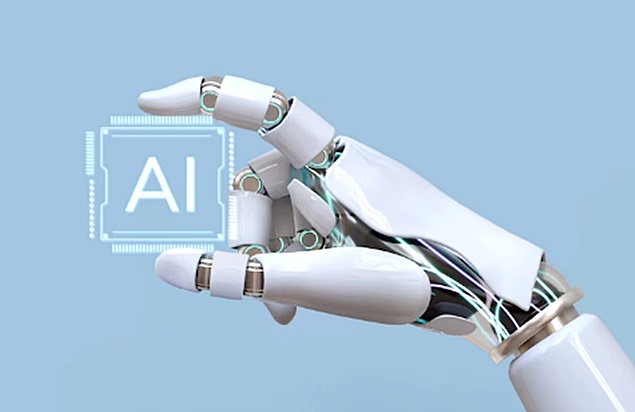1520

Expectations regarding Generative AI (Gen AI) remain high among global leaders, with eight out of ten respondents (79%) in Deloitte's study "The State of Generative AI in the Enterprise: Now decides next" believing that the technology will transform their organization in the next three years.
More than half of the respondents claim that they will focus primarily on the tactical benefits offered by the technology, such as improving efficiency and productivity (56%) and reducing costs (35%). On the other hand, strategic areas such as encouraging innovation (29%) and discovering new ideas and information (19%) are not treated as priorities.
Regarding challenges, respondents mention the lack of employees with technical skills as the biggest barrier in the process of adopting Gen AI. Only 22% of leaders consider organizations to be well or very well prepared to address the human capital-related issues generated by the adoption of Gen AI.
In addition, few respondents focus on education and retraining, with 47% of organizations claiming that they adequately educate their employees about the functions, benefits, and value generated by Gen AI. However, it is expected that the first generation of Gen AI experts will focus on educating and retraining employees and attracting human capital with technical skills to manage Gen AI initiatives.
For example, 74% of respondents with extensive Gen AI expertise mention that they train their employees, compared to 27% of respondents with "some" expertise.
"Developing the necessary skills will become a priority for organizations wishing to begin transformation with the help of AI solutions, and, as the report emphasizes, it is important for leaders to have a beginner's attitude in this field.
In other words, to create a culture of constant learning, as new models, functions, and ways of using technology emerge at a rapid pace, to aim to increase Gen AI knowledge throughout the organization and to approach the implementation of Gen AI projects in an interdisciplinary manner," said Andrei Ionescu, Consulting Market Leader, Deloitte Romania.
Governance and risk management are also barriers in the adoption process of Gen AI, the study shows, with only a quarter of participants (25%) considering organizations to be well or very well prepared to address these challenges. Respondents' biggest concerns regarding governance are lack of trust in outcomes (36%), intellectual property risks (35%), improper use of customer or consumer data (34%), ability to comply with regulations (33%), and lack of transparency (31%).
As for the most frequent risks, organizations cite erroneous results and information ("hallucinations"), legal aspects such as plagiarism, copyright infringement, and liability for errors, privacy and data ownership.
However, organizations are making progress in managing Gen AI-related risks, the study highlights, even though their share is small. Some of the organizations participating in the study are already actively managing the risks resulting from the implementation of Gen AI through actions such as monitoring regulatory requirements and ensuring compliance (47%), establishing a governance framework for Gen AI (46%), and conducting internal audits and tests on Gen AI tools and applications (42%).
The risks associated with Gen AI are prompting many leaders to call for the creation of a robust regulatory framework and global cooperation. Eight out of ten leaders participating in the study (78%) stated that more government regulations related to AI are needed, while seven out of ten (72%) mentioned that there is currently not enough global collaboration to ensure responsible development of AI-based systems.
In line with the emphasis on the tactical benefits offered by Gen AI, most organizations still rely on standard solutions, such as Gen AI-integrated applications designed to increase productivity (71%), standard applications (68%), enterprise-type platforms (61%), and technologies based on publicly available large language models (LLMs) (56%).
Relatively few organizations use specific Gen AI-based solutions, such as industry-dedicated software applications (23%), private LLMs (32%), and/or open-source LLMs customized for them (25%).
"In this early stage of the Gen AI adoption process, organizations largely rely on standard solutions, the study emphasizes, a direction that is explained by the areas of interest that leaders consider when adopting this technology - efficiency, productivity, and cost reduction.
However, choosing between using standard Gen AI tools and customized ones is not easy; it is a decision that can be made after a detailed analysis of key aspects that can affect the entire organization, such as business strategy, the level of investment in such technology, and even the company's risk appetite," said Andrei Paraschiv, Director Consulting, Deloitte Romania.
Deloitte's report "The State of Generative AI in the Enterprise: Now decides next" was conducted between October and December 2023, among over 2,800 business and technology leaders with expertise in AI, directly involved in managing or implementing Gen AI in large organizations from 16 countries and six industries, to analyze how Gen AI is integrated into organizations. (Photo: Freepik)





